Date: 8 September 2015
The semiconductor industry is increasingly designing products with thin glass substrates for chip packaging and interposer applications. SCHOTT is also the only company in the world to offer ultra-thin glass in chemically cured form, for example for use in sensor applications in electronic devices. SCHOTT will be presenting its innovative applications involving ultra-thin glass at SEMICON Taiwan from September 2 – 4, 2015, in Taipei (booth 2853)..jpg)
SCHOTT produces ultra-thin glass in its proprietary down-draw process. Photo: SCHOTT
Glass as inorganic material offers technical advantages with respect to chip packaging compared to conventional organic materials. The performance of microprocessors is increasing continuously; their thickness is decreasing from product generation to product generation. The locally generated heat of the small core elements of mobile devices causes deflection and even reliability problems when organic substrate materials are used. Ultra-thin glass has very high dimensional stability over a wide temperature range and, at the same time, provides the basis for extremely flat form factors of the chip package.
With its AF 32® eco, SCHOTT offers a glass whose coefficient of thermal expansion is equivalent to that of silicon and thus is compatible with the material base of processors. This ultra-thin glass is also ideally suited for use in interposer applications. “We are speaking with relevant suppliers in the industry who are showing great interest in our solutions. We are convinced that our ultra-thin glass will soon establish a firm foothold in the mass production processes of the semiconductor industry," said Dr. Rüdiger Sprengard, Director of New Business for Ultra-Thin Glass at SCHOTT Advanced Optics.
For reliable processing of thin glass substrates, it is possible to use temporarily bonded carrier systems. Here, a carrier consisting of thin glass with a thickness of 400 micrometers, for example, is temporarily bonded with a wafer made of ultra-thin glass that is approximately 100 microns thick, by either using or not using adhesives. After the machining process, the two elements can be separated from one another again..jpg)
SCHOTT offers ultra-thin glass in sheet or wafer form, depending on customers’ requirements. The photo shows a wafer. Photo: SCHOTT
SCHOTT is also the only company in the world that offers chemically hardened ultra-thin glass. Because the D 263® glass contains alkali ions, it can be reliably cured by way of ion exchange. This makes it possible to use wafer-thin, yet robust ("tough") glass as a cover glass. The chemically hardened extremely thin glass offers 4 times greater strength compared to non-hardened glasses.
"Ultra-thin glass will play an important role in the smartphone of the future, for example, to make fingerprints readable and thereby enable a detection system for online payment systems," said Sprengard. With its D 263® that is manufactured using a proprietary downdraw method, SCHOTT now offers a glass solution that delivers the performance that the industry demands and takes the cost pressure in the electronics industry into consideration due to its high dielectric constant.
SCHOTT is also working on other applications for the Internet of Things (IoT): ultra-thin glass can also be used to manufacture next-generation batteries, so-called thin-film batteries or solid-state batteries. These are micro batteries that must offer very good charging capacity, long service lives, particularly compact designs and low production costs. Because very high temperatures are used in the manufacturing process, glass is ideally suited as a substrate material. Rechargeable micro batteries can be found in everyday objects that have Internet connections, such as wearables, small security cameras or smart cards with displays such as push-Tan generators for online banking applications. "Here, our D 263® glass is an ideal substrate because it has a thermal expansion coefficient equivalent to that of the sputtered cathode materials in battery cores," Sprengard explains.
For additional Information: http://www.schott.com/advanced_optics/english/syn/advanced_optics/products/wafers-and-thin-glass/glass-wafer-and-substrates/ultra-thin-glass/index.html
SCHOTT is a leading international technology group in the areas of specialty glass and glass-ceramics. The company has more than 130 years of outstanding development, materials and technology expertise and offers a broad portfolio of high-quality products. SCHOTT is an innovative enabler for many industries, including the home appliance, pharmaceutical, electronics, optics, automotive and aviation industries. SCHOTT strives to play an important part of everyone’s life and is committed to innovation and sustainable success. The group maintains a global presence with production sites and sales offices in 35 countries. With its workforce of approximately 15,400 employees, sales of 1.87 billion euros were generated in fiscal year 2013/2014. The parent company, SCHOTT AG, has its headquarters in Mainz (Germany) and is solely owned by the Carl Zeiss Foundation. As a foundation company, SCHOTT assumes special responsibility for its employees, society and the environment. www.schott.com

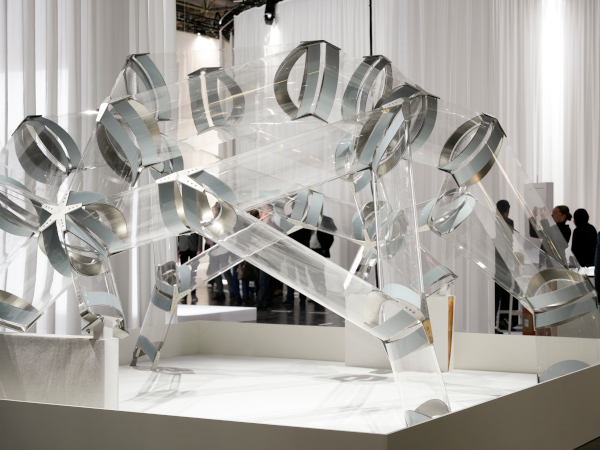



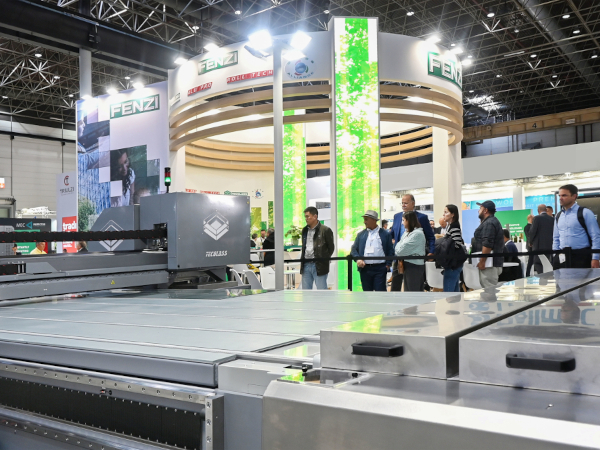
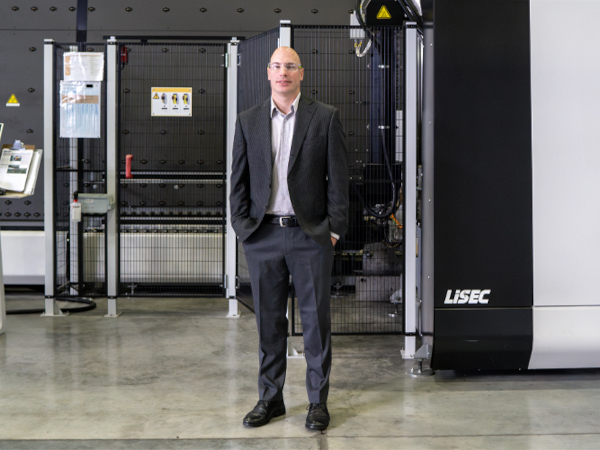
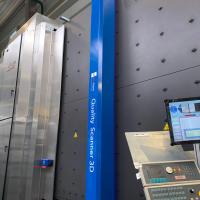
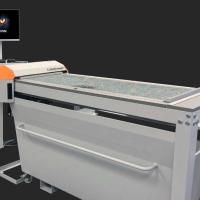
Add new comment